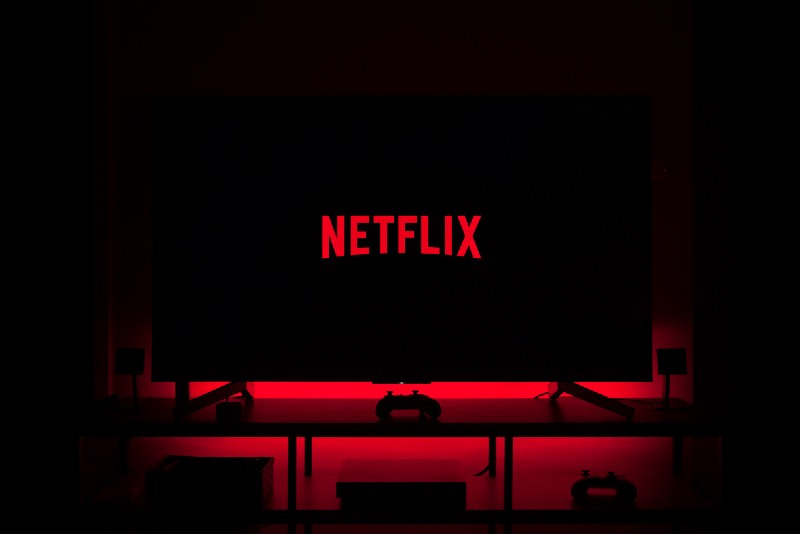What Can You Learn From Netflix First Years?
The book ‘That Will Never Work’ is a must-read to feel what it takes to create an innovative company.
The book ‘That Will Never Work’ is a must-read to feel what it takes to create an innovative company.

Years ago, during my MBA, Netflix’s story fascinated me. After being charged forty dollars for a late rental fee, Reed Hastings had the idea that later originated Netflix, and today they have more than 200 million subsc…

